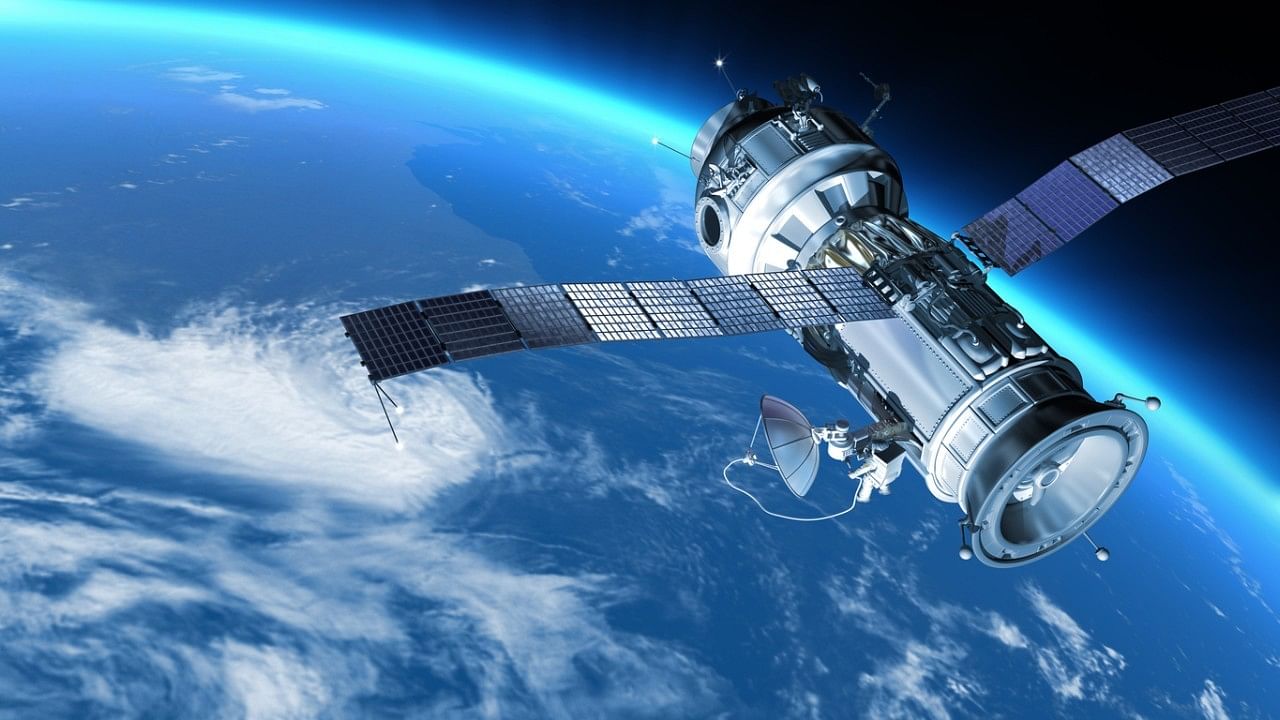
Representative image of a satellite.
Credit: iStock Photo
The Cabinet Committee on Security chaired by Prime Minister Narendra Modi has reportedly approved the third phase of the Space Based Surveillance (SBS III) project.
According to a Times of India report, which cited ISRO sources, under SBS III, 52 satellites will be launched in low earth and geostationary orbits, which would cost around Rs 27,000 crore.
The 52 spy satellites will be based on artificial intelligence (AI) and able to “interact with each other in space to gather geo-intelligence” on the Earth.
“We will have communication between satellites, so that if some satellite detects something, which is at GEO (geosynchronous equatorial orbit) at 36,000km altitude, it can ask another satellite in the lower orbit (at 400-600 km altitude) to check much more carefully and then give us more information. This capability will give us enormous potential," a senior ISRO official had said in December last year.
Before SBS III, the first and second phase of the surveillance programme was launched in 2001 and 2013, respectively. During SBS I, four spy satellites were launched, while six such satellites were sent to the Earth's lower orbit during phase 2. These satellites included Risat, Cartosat and Gsat-7 series.
The satellites will be launched in a span of five years and boost India's space surveillance.
For naval and air security, the CCS also approved procurement of 31 Predator long-endurance drones from the US and indigenous construction of two nuclear-powered conventional submarines with an aim to significantly enhance India's military prowess, a PTI report said.
The MQ-9B 'hunter killer' drones are being procured from US defence major General Atomics under the foreign military sales route at a total cost of around $3.1 billion.
The two submarines will be built at a cost of around Rs 40,000 crore, the report added.